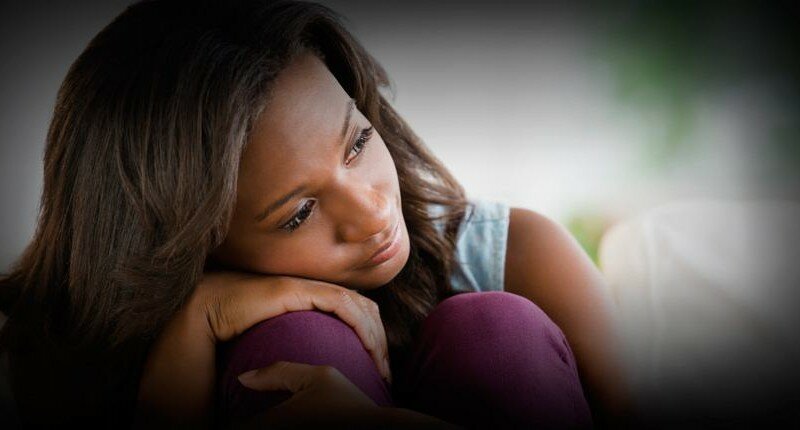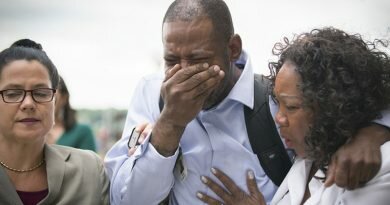Unseen Depression Plaguing Black Communities
A new study shows that many African-Americans have a different perception of depression.
A research conducted by Sirry Alang, a Pennsylvania Lehigh University assistant professor of sociology and anthropology, shows that many of blacks see depression as a sign of weakness and not a health issue.
Alang spent a whole year, visiting Black communities, churches, salons, to figure out how African-Americans deal with depression.
She noted that “it is impossible to effectively diagnose and treat depression among African Americans if their perspectives about depression are not taken into account.”
The study reveals that many African-Americans not only experienced insomnia or excessive sleeping, loss of interest in activities, inability to concentrate, which are the general symptoms of depression, but also anger, agitation and the need for human interaction.
Alang recommended that medical practitioners learn to recognize the unique symptoms of depression in Black communities by not limiting diagnostic measures to only the existing depression symptom manual.
Unfortunately, due to racial bias common for many doctors thousands of Black men and women live in constant depression, which contributes in their socioeconomic status, adversely affecting their work efficiency and general attitude and leading to unemployment and poverty. Depression is a disease that requires treatment and if untreated, it has a lot of negative consequences and even provokes involvement into criminal activity.
Racial and economic disparities have great impact on one’s state of being. Nowadays Black people are in a closed circle: adults below the poverty line are more likely to have mental issues and blacks in general are more stressed compared to whites, which leads to depression and subsequently, lower standard of living.
Share this article and help to fight against racial and economic disparities in our communities.






